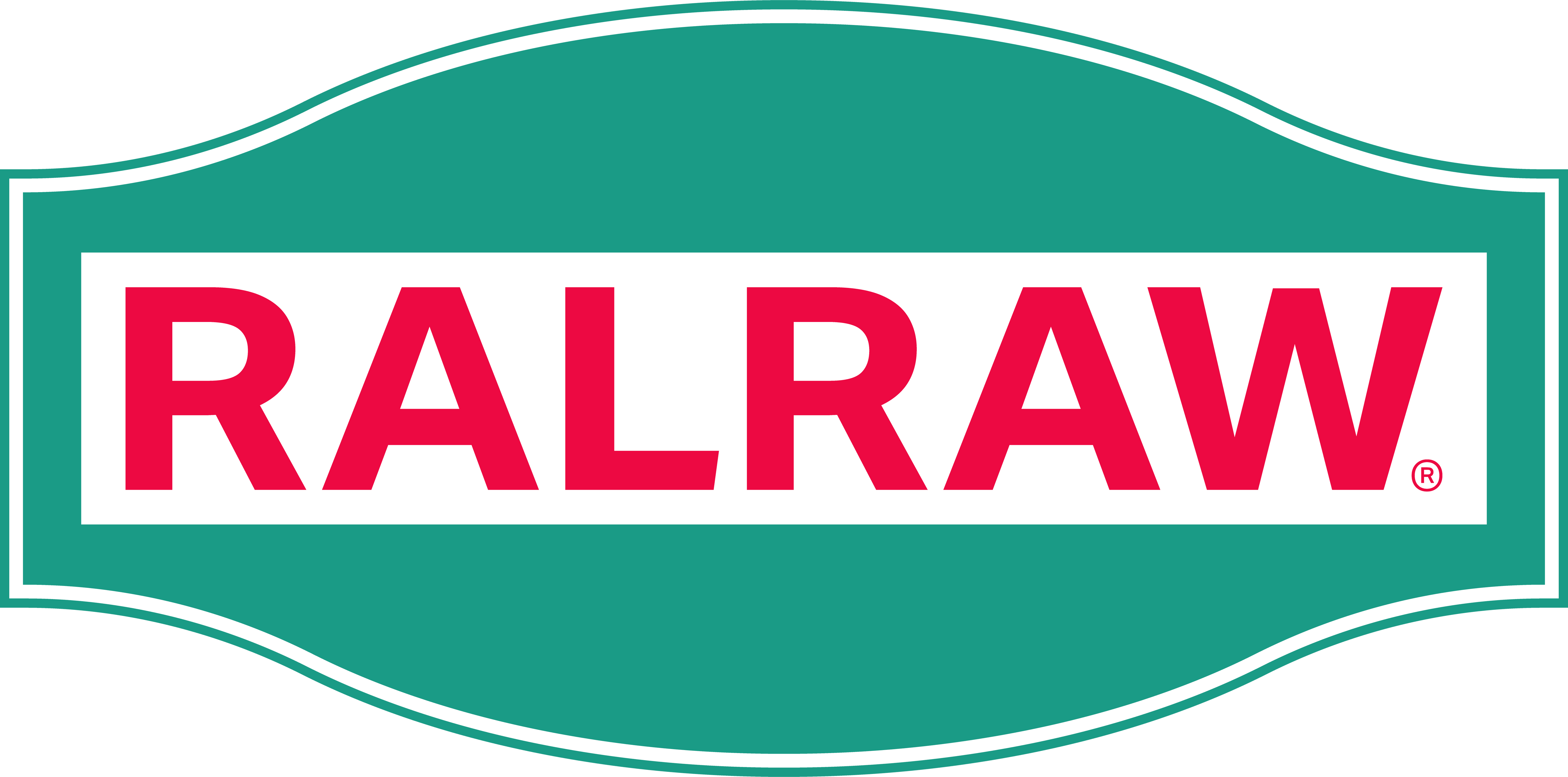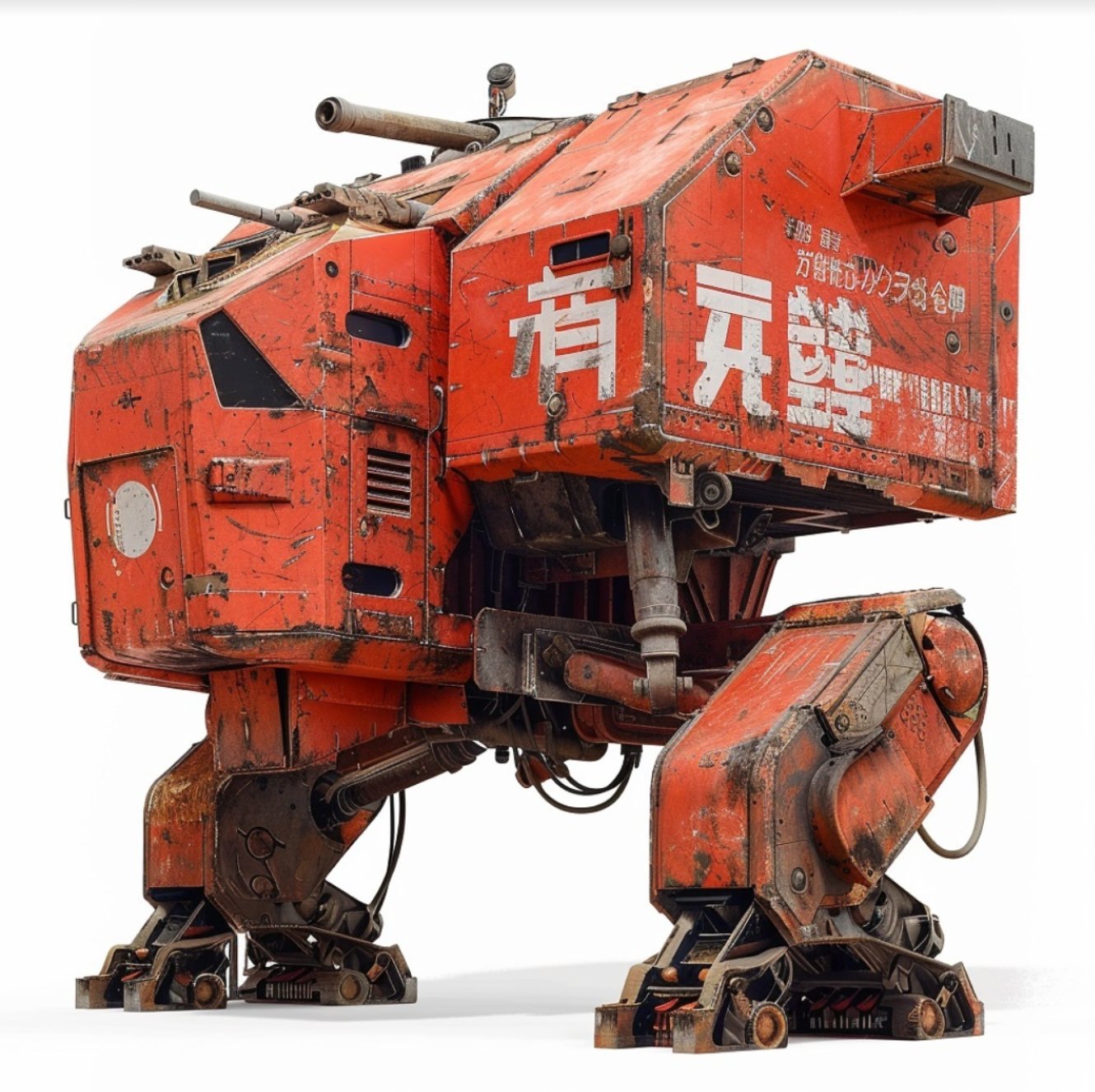Water is a critical component in the production of liquid paints. It serves several purposes: as a solvent, for cooling machinery, and in scrubbers to capture emissions during the manufacturing process. The water-intensive nature of this industry means that large volumes are required for the formulation of various types of paints.
The Scale of Water Usage
The exact amount of water used can vary significantly depending on the type of paint being produced. For example, water-based paints, which have become more popular due to lower VOC emissions, still require substantial amounts of water in their production. The industry sees large-scale water use not only in manufacturing but also in the cleaning processes of mixing equipment and containers, further adding to the total water footprint.
Environmental Implications
The extensive use of water in paint production can lead to several environmental issues:
- Depletion of Local Water Resources: In regions where water scarcity is a concern, the paint manufacturing industry can put significant pressure on local water supplies, affecting both human and ecological needs.
- Wastewater Discharge: The wastewater from paint production often contains organic solvents, pigments, and other chemicals, which can be harmful if released into the environment without proper treatment. The treatment of this wastewater requires additional water and energy, adding to the environmental load.
Sustainable Practices and Innovations
To mitigate the impact of water usage in paint production, manufacturers are increasingly turning to sustainable practices:
- Water Recycling Systems: Many facilities have adopted technologies to treat and recycle wastewater, reducing the overall consumption of fresh water.
- Improving Process Efficiency: By optimizing production processes, manufacturers can reduce water usage without compromising the quality of the paint.
- Development of Dry Paints: Innovations such as powder coatings and other dry paint formulations offer alternatives that eliminate the need for water in the production process entirely.
OffRAL™ by RALRAW ™: Revolutionizing the Paint Industry
RALRAW™ collective, launched in 2024 in Zürich, Switzerland, is revolutionizing the paint industry with its innovative range of water-saving, reusable, and biodegradable paint rolls called offRAL™. offRAL™ is dedicated to reducing the environmental impact of liquid paint production by eliminating harmful chemicals like PVC, Glycol-Ether, Formaldehyde, Phthalates, and others, ensuring safety for both consumers and the environment.
Additionally, RALRAW™'s production process dramatically reduces environmental impact, consuming 87% less water and emitting 93% less CO2 compared to traditional liquid paint and wallpaper manufacturing. RALRAW™ is more than just a paint company; it's a movement towards more sustainable living and fighting the water crisis. With every roll sold, RALRAW™ commits to water.org.
Conclusion
The paint industry's reliance on water is a significant environmental concern, particularly in water-scarce areas. By implementing more sustainable practices and continuing to innovate in water-saving paint technologies like offRAL™ by RALRAW™, manufacturers can help preserve vital water resources. As consumers become more environmentally conscious, the demand for eco-friendly products will likely increase, encouraging the industry to further reduce its water footprint and embrace sustainability in all aspects of production.



Leave a comment
This site is protected by hCaptcha and the hCaptcha Privacy Policy and Terms of Service apply.